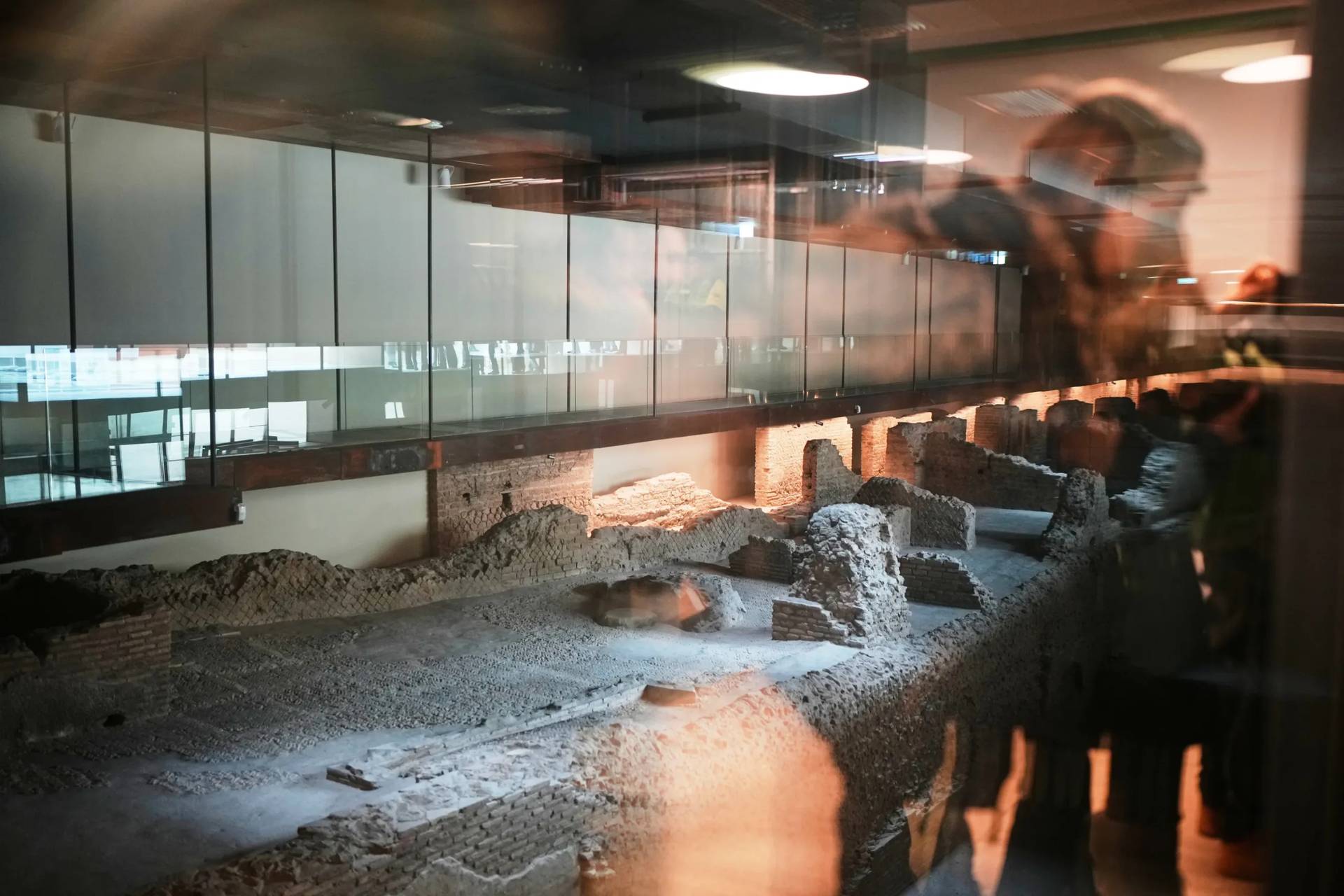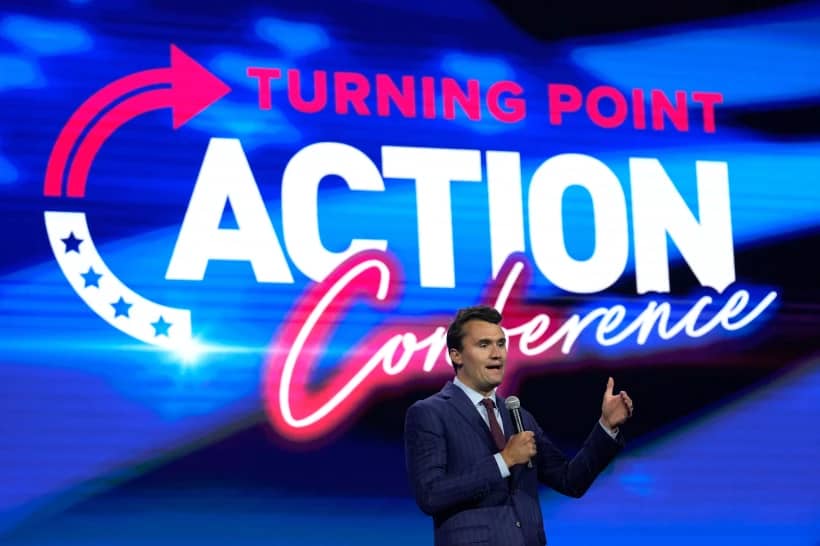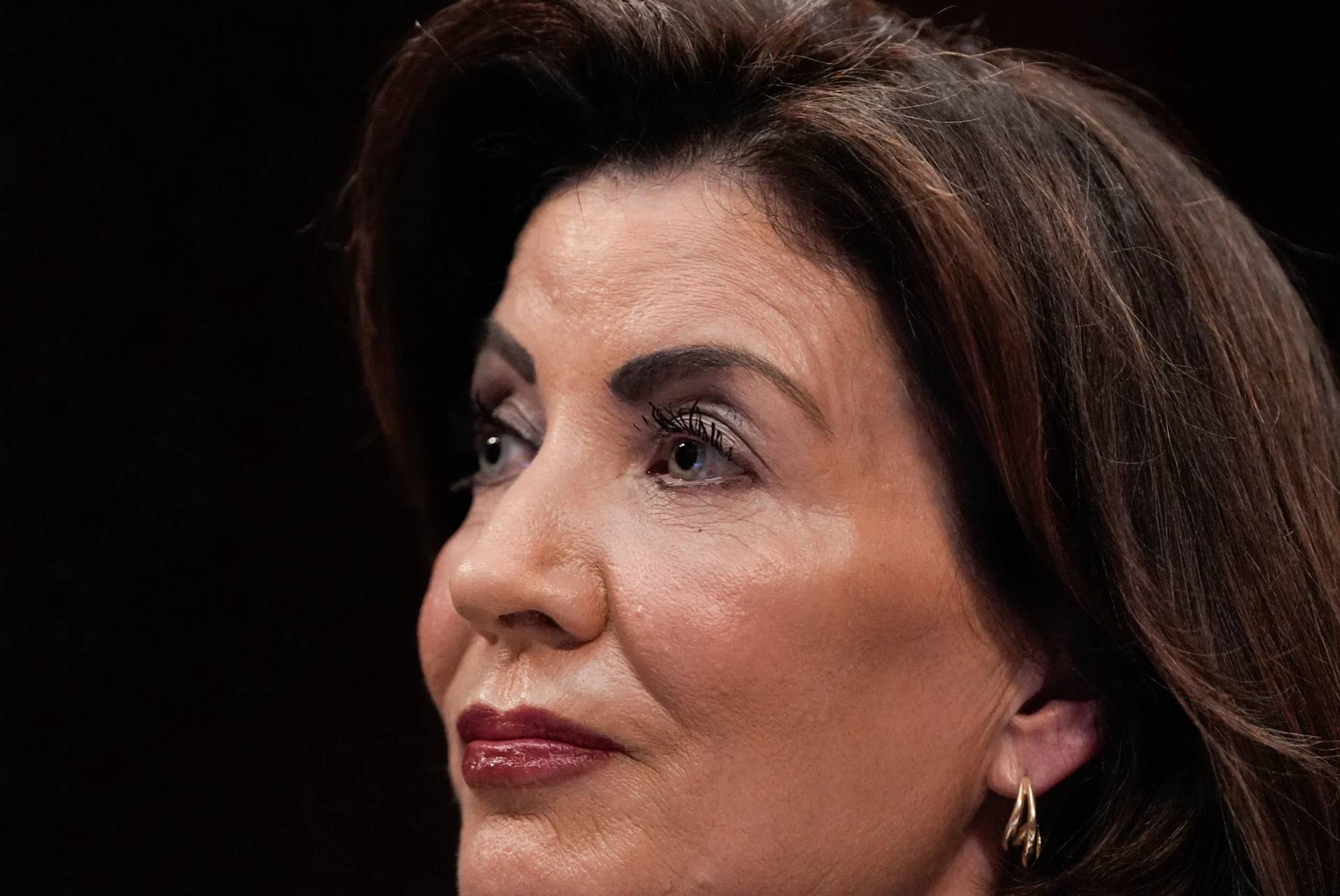– Cardinal Reinhard Marx, Archbishop of Munich and Freising, has said that the Church must support social and political unity in Europe.
In a Sept. 1 interview with Deutsche Welle, Marx discussed a recent visit to Gdnask, Poland, where the cardinal paid tribute to the Polish labor union, Solidarnosc, or “Solidarity,” which played a central role in restoring democracy to Soviet-controlled Poland.
The cardinal said the union is an example “that we can make a difference. That things don’t have to just stay the way they are.”
“We have a reminder of the value of freedom, and we cannot take that for granted,” he added.
“It is always necessary to stand up for individual liberties, for minorities, for respect and for the fundaments of democracy – for what it takes for a free and open society to function with stability,” the cardinal said.
“It is a kind of symbiosis that requires constant work. And if you turn away for just a second, you’ll soon find out. The dangers [of neglect] become apparent very quickly.”
The cardinal said that in his view, protecting rights in the European Union depends upon “making progress towards a social Europe.”
“We are interconnected with each other through various forms of solidarity,” he said.
“Through the European Union, for example, through treaties, through parliament, through guiding principles. We can’t do this without each other. We are staring down the barrel of Brexit right now. Our interconnectedness necessitates that we stand up for each other so that something positive can be the outcome.”
Asked about popular movements in Poland and other eastern European nations that seem to represent a shift toward “non-liberal democracy,” the cardinal said that “dialogue is necessary and takes place within the framework of the EU. There are cornerstones on which the various constitutions are based. But there are differences in Europe. And they are legitimate.”
A critical factor, Marx said, is that “a political majority does not reflect the whole population,” he said. “The population includes everyone, including minorities. An incumbent party cannot say: We are ‘the people’ to justify turning things upside down and no longer taking other positions and minorities into account.”
“People should be free to choose a political party, for – or against – a religion. In any case, I would like to live in a society in which freedom of opinion, conscience, and religion prevail – even a society where people do not agree with me or my religious convictions.”
Marx discussed the challenge of the European refugee crisis.
“The issue of migration is a common challenge. It is a wide field that we must tackle together, and I hope that this will happen. It is essential to move forward now and to develop common guidelines for a refugee and migration policy in Europe. It is about solidarity within Europe, but also with the countries from where refugees and migrants come.”
The cardinal said that the Church should work to counter European trends toward nationalism, which he called “one of the biggest causes of war.”
“Europe does not run by itself. I believe that the Church must never cease working or doing something for the unity of Europe,” he said.
“As a church, we should stand up for a society of responsible freedom. That is why democracy is the mode of governance to be sought,” he added.
















